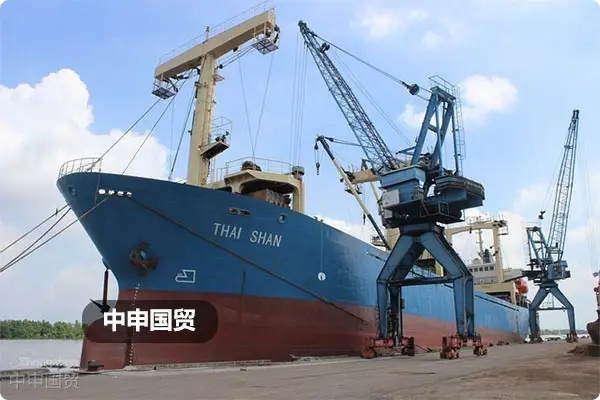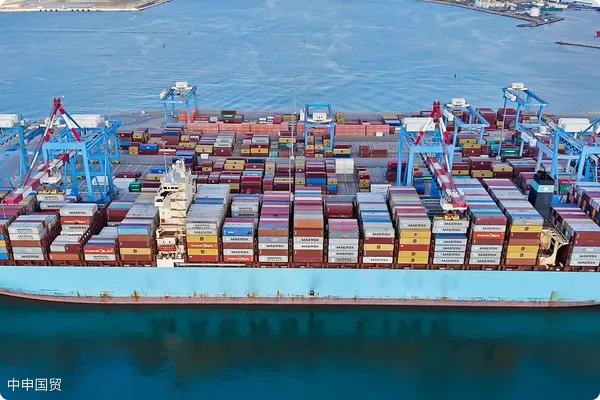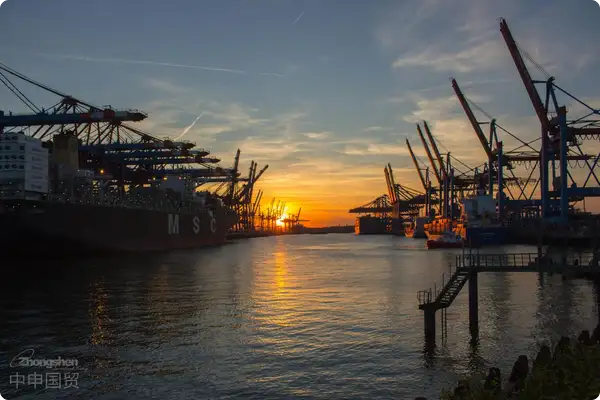- Shanghai Zhongshen International Trade Co., Ltd. - Two decades of trade agency expertise.
- Service Hotline: 139 1787 2118

With the continuous development of global trade, export agency has become the preferred approach for many enterprises to expand into international markets. This article provides a detailed introduction to the export agency process, covering all stages from preliminary preparations to transaction completion, aiming to offer readers a comprehensive and practical export guide.
I. Preparations for Export Agency
1.1 Selecting a Suitable Agency Partner
When selecting an agency partner, enterprises should comprehensively evaluate factors such as reputation, market experience, and resource integration capabilities. A suitable agency partner can provide more market opportunities and resource support.
1.2 Understanding the Target Market
Enterprises need to conduct in-depth research on the target market, including market characteristics, consumer demands, and legal regulations. This helps in formulating appropriate export strategies and product positioning.
1.3 Completing Export Procedures
Enterprises must complete export-related procedures, such as obtaining export licenses, commodity inspections, and customs clearance. The timely completion of these procedures is crucial for smooth export operations.
II. Specific Process of Export Agency
2.1 Signing the Agency Agreement
Enterprises and their agency partners sign a formal agency agreement, clearly defining the rights and obligations of both parties. The agreement should include the scope of agency, fees, duration, etc.
2.2 Product Preparation and Packaging
Enterprises must prepare export products according to the agency agreement requirements and ensure appropriate packaging. Packaging quality directly impacts product sales and customer satisfaction.
2.3 Goods Transportation and Insurance
Enterprises need to select suitable logistics providers to ensure safe and timely delivery of goods. Additionally, purchasing cargo transportation insurance can mitigate potential risks.
2.4 Customs Clearance and Settlement
The agency partner is responsible for handling customs clearance procedures and settling accounts with the enterprise. Settlement methods may includeL/C, remittance, etc.
III. Post-Export Agency Management
3.1 Market Feedback and Adjustments
Enterprises must closely monitor market feedback and adjust product strategies based on customer needs. Maintaining good communication with agency partners is essential to jointly address market changes.
3.2 Customer Relationship Management
Enterprises should prioritize customer relationship management by regularly communicating with clients, understanding their needs, and improving satisfaction levels.
3.3 Financial Management
Enterprises must conduct financial management for export operations, including cost control and profit analysis. This helps enhance the profitability of export activities.
Conclusion
Although the export agency process is complex, as long as enterprises make adequate preparations in advance, follow standardized operating procedures, and focus on post-transaction management, they can stand out in the fierce market competition. This article elaborates on each step from preparation to transaction in detail, hoping to provide valuable reference for enterprises.
Related Recommendations
? 2025. All Rights Reserved. Shanghai ICP No. 2023007705-2  PSB Record: Shanghai No.31011502009912
PSB Record: Shanghai No.31011502009912










